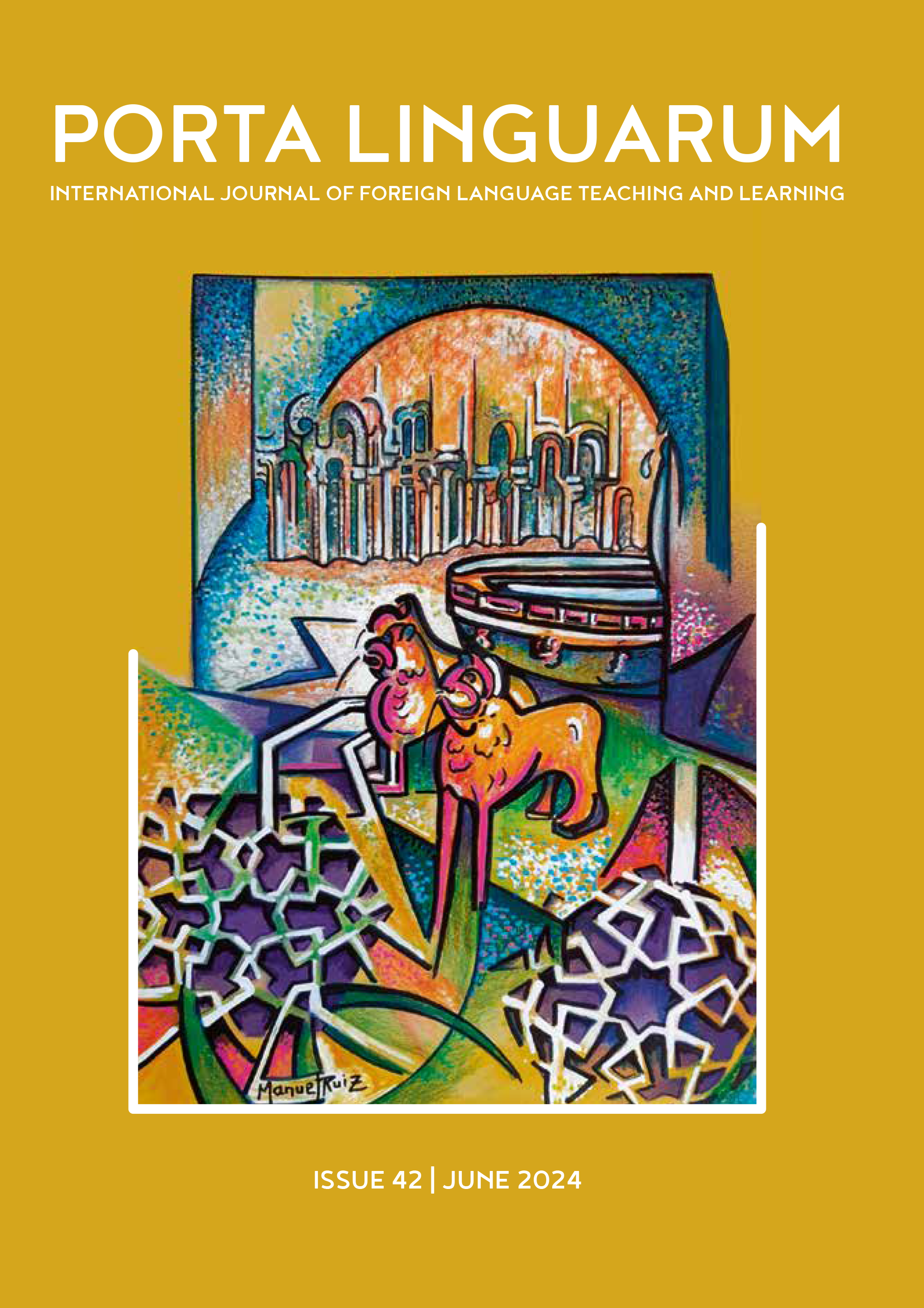Ethics and context in second language testing: rethinking validity in theory and practice. M. Rafael Salaberry, Albert Weideman, and Wei-Li Hsu (2023). New York, Routledge, 248 Pages, ISBN 9781032471754
DOI:
https://doi.org/10.30827/portalin.vi42.30001Resumen
A resounding body of scholarship highlights the necessity of considering ethical concerns and social impacts of language tests and assessment practices in second language (L2) education (Brown & Harris, 2016; Davies, 2008; Fan et al., 2017). Without taking these issues into account, ensuring the right, reliable, and fair judgment is a tough task for L2 practitioners (Cohen, 2006; Gipps & Stobart, 2009). Inspired by the significance of ethics in L2 assessment, various studies have been done on the perceptions of stakeholders and common professional codes of ethics in the field of L2 education (Brown et al., 2020; Shohamy, 2020). Nevertheless, the situated nature of ethics across contextual particularities and in light of test validation theory has remained under-addressed. Urged to bridge this gap, Salaberry, Weideman, and Hsu (2023) compiled a handbook entitled “Ethics and Context in Second Language Testing: Rethinking Validity in Theory and Practice”, as a timely response to the need for a critical approach to L2 assessment. In so doing, they collected the voices of different stakeholders from different languages and contexts to comprehensively picture the status of social justice and equity in language education. The book, hence, provides an overview of key concepts, theories, and models of ethics and validity in language education and makes seminal suggestions for researching and practicing these constructs. This invaluable handbook is momentous for teachers, students, and researchers, especially those majoring in applied linguistics, sociolinguistics, and language policy and planning.
Descargas
Citas
Brown, G. T., & Harris, L. R. (Eds.). (2016). Handbook of human and social conditions in assessment. Routledge.
Cohen, J. (2006). Social, emotional, ethical and academic education: Creating a climate for learning, participation in democracy and well-being. Harvard Educational Review, 76(2), 201–237. https://doi.org/10.17763/haer.76.2.j44854x1524644vn
Davies, A. (2008). Assessing academic English testing English proficiency. Cambridge University Press.
Fan, X., Johnson, R., & Liu., X. (2017). Chinese university professors’ perceptions about ethical issues in classroom assessment practices. New Waves Educational Research & Development, 20(2), 1–19.
Gipps, C., & Stobart, G. (2009). Fairness in assessment. In C. Wyatt-Smith, & J. Joy Cumming (Eds.). Educational assessment in the 21st century (pp. 105–118). Springer.
Shohamy, E. (2020). The power of tests: A critical perspective on the uses of language tests. Routledge.
FUNDING INFORMATION
Basic Research Projects for Universities (Humanities and Social Sciences) of the Educational Department of Liaoning Province in 2022, A Comparative Study of Conceptual Metaphors in Chinese and British Environmental News Reports (LJKMR20221388).



















